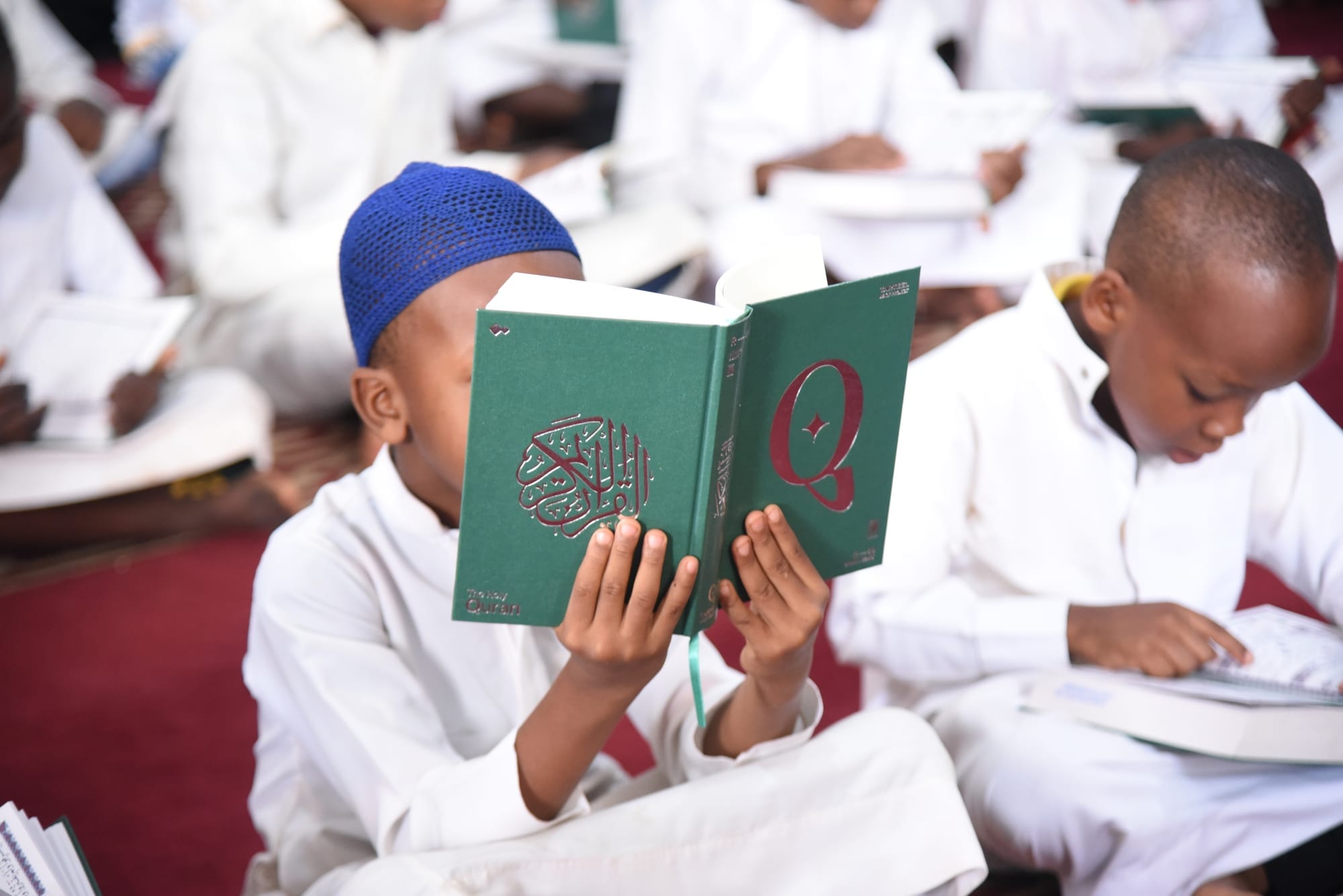📌 TL;DR Summary
- Rabi al-Awwal (رَبِيع ٱلْأَوَّل) is the 3rd month in the Hijri calendar, translating to “The First Spring.”
- Despite its name, it doesn't always fall during spring - it marks a season of renewal in spirit and history.
- Major events include the birth, Hijrah, and passing of the Prophet Muhammad ﷺ.
- Estimated dates for 2025: Late August to Late September 2025, based on moon sighting.
- It’s a month for reflection, reconnection, and reviving the Sunnah.
- Practical actions: salawat, Seerah study, sunnah habits, charity, family learning, and dua.
What Is Rabi al-Awwal?
Rabi al-Awwal (رَبِيع ٱلْأَوَّل) is the third month of the Islamic lunar calendar. The name translates to “The First Spring,” signifying a time of renewal and blossoming - not necessarily in climate, but in spiritual and communal energy.
As a lunar month, it rotates across the solar year. In 2025, Rabi al-Awwal is expected to fall between late August and late September, but exact dates depend on moon sighting in your region.
Historically, Rabi al-Awwal has been a month of profound significance for the ummah - a time where beginnings and endings meet in the life of the Prophet ﷺ.
What Happened in Rabi al-Awwal?
The Birth of the Prophet Muhammad ﷺ
While the exact date is debated (8th, 9th, 12th, 17th of Rabi al-Awwal are all mentioned), most Islamic historians agree the Prophet ﷺ was born during this month in Year 570 CE (the Year of the Elephant).
Whether you mark a specific day or not, this moment reminds us of the arrival of the Final Messenger - a mercy to the worlds, and the light that would guide humanity for all time.
“Indeed, there has come to you a Messenger from among yourselves. Grievous to him is what you suffer; he is concerned over you and to the believers is kind and merciful.”
— Quran 9:128
The Hijrah to Madinah
Rabi al-Awwal also marks one of the most pivotal moments in Islamic history: the Hijrah, or migration from Makkah to Madinah.
This event wasn't just a change of city - it was a turning point. It signified the shift from persecution to establishment, from individual da’wah to collective ummah.
The Hijri calendar itself begins from this moment, not the Prophet’s birth or the start of revelation. That tells us something powerful: transformation through sacrifice is what defines progress in Islam.
The Death of the Prophet ﷺ
On 12th Rabi al-Awwal, Year 11 AH, the Prophet ﷺ returned to his Lord at the age of 63. The ummah was shaken, and even the strongest of the Companions had to be reminded that:
"Muhammad is but a messenger; messengers have passed on before him." (Quran 3:144)
This month, then, is both a beginning and an end, a time to acknowledge the Messenger’s arrival and to contemplate his departure.
Why Does Rabi al-Awwal Matter?
Rabi al-Awwal isn’t about ritual - it’s about remembrance.
It invites us to rekindle our love for the Prophet ﷺ, to revisit his life story, and to realign our daily choices with his timeless example.
In a world of distractions, this month is a powerful spiritual checkpoint.
- Are we following his example in speech and action?
- Do our homes reflect his mercy, discipline, and care?
- Are our hearts still soft when his name is mentioned?

What Can You Do in Rabi al-Awwal?
You don’t need elaborate gatherings or complicated routines. You just need sincerity, consistency, and intention.
Here are simple, impactful actions that honor the Prophet ﷺ and the lessons he left for us to remember.
Reflect and Learn
- Read or listen to the Seerah
- Attend Seerah lectures at your local mosque or online
- Study prophetic characteristics: mercy, truthfulness, leadership, modesty
Revive the Sunnah in Your Life and Home
- Send daily salawat:
اللهم صل وسلم وبارك على نبينا محمد - Eat and dress as he did (sunnah grooming, modest clothing, eating with the right hand)
- Adopt his manners: speak gently, smile often, control anger
- Sleep on your right side, say Bismillah, and use a siwak
Educate Your Family
- Read short Seerah stories aloud at dinner or bedtime
- Play educational cartoons or audiobooks about the Prophet ﷺ
- Hold a weekly family quiz night on facts about his life
Be Led By His Example
- Give charity
- Make dua for people
- Volunteer at your masjid or community centre
- Reflect on the Quranic ayahs he lived and taught - use Tarteel to listen, recite, and study them
A Month That Plants Seeds for a Lifetime
Rabi al-Awwal isn’t meant to be a one-time reflection. It’s a starting point - one of many opportunities throughout the year to deepen our connection with the Prophet ﷺ and carry his example into every corner of our lives.
Let this month plant the seeds for lifelong change. Not just in how we remember him, but in how we live like him - in the way we speak to our families, treat our neighbors, show up in our communities, and walk through the world with humility, justice, mercy, and sincerity.
The Seerah isn't a storybook. It's a blueprint. The more we study his life, the more we understand what it means to be from his ummah, and what it requires of us in character, action, and intention.
May this Rabi al-Awwal be the beginning of a journey where the Prophet’s ﷺ example lives on - not just in our hearts, but in our habits.
FAQs
What does Rabi al-Awwal mean?
It means "The First Spring" in Arabic. It’s the third month in the Hijri calendar and often marks spiritual renewal.
When is Rabi al-Awwal 2025?
Expected to begin in late August 2025, depending on moon sighting.
Why is Rabi al-Awwal significant?
It’s the month of the Prophet's ﷺ birth, Hijrah, and death. It invites reflection on his life and teachings.
What should I do during Rabi al-Awwal?
Revive sunnahs that you can carry on long-term, learn more about the Prophet ﷺ, share Seerah with family, and build habits that keep his legacy alive in your life.





